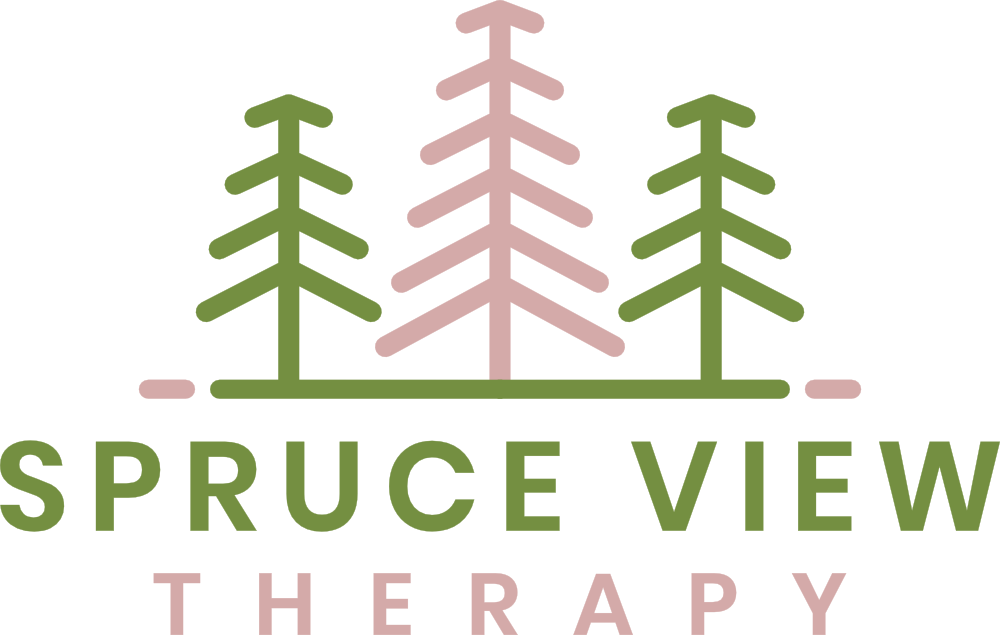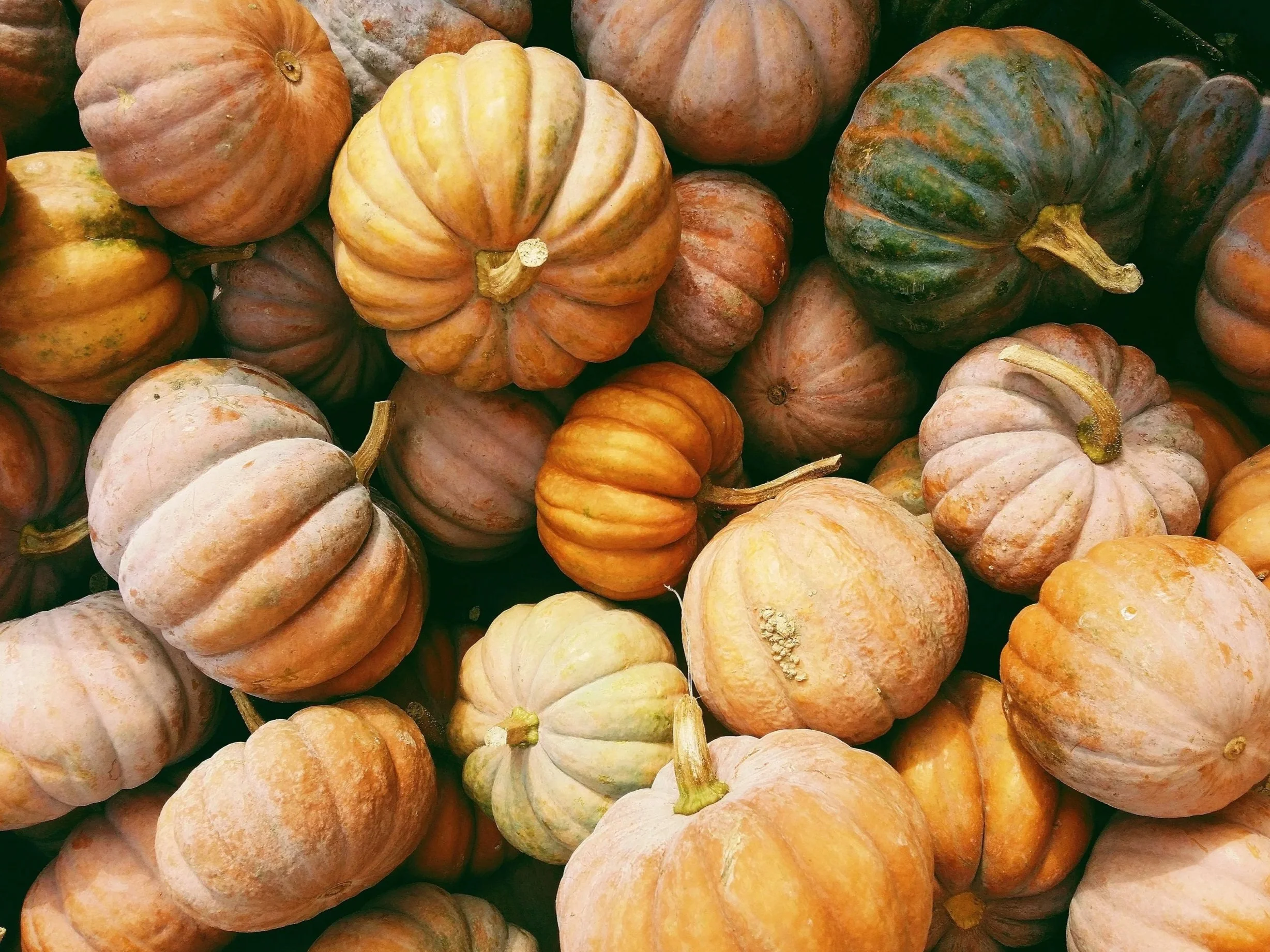6 Gratitude Practices to Try this November
November often brings thoughts of Thanksgiving gratitude, reflection, and connection. But how do we actually practice gratitude? How can we cultivate a genuine sense of appreciation and mindful living in our everyday lives?
Gratitude isn’t just about thinking or asking, “What am I thankful for?” It doesn’t have to be big, perfect, or performative. Mindfulness exercises and small, intentional gratitude practices can help you notice and truly appreciate what matters most. Practicing mindful gratitude has also been linked to better mental health, helping us feel calmer, more connected, and more grounded even during times of holiday stress or anxiety.
Here are six simple gratitude practices to try this month.
Notice Your Daily Glimmers
A glimmer is a small moment that sparks awe, peace, or joy. They are like the opposite of triggers. of safety, ease, or joy. These tiny moments signal that things are okay, even if life feels busy or stressful. Noticing glimmers can actually rewire our brains for mor safety, connection, and ease.
Examples of glimmers:
Enjoying a cup of coffee
Feeling the warmth of the sunshine
The smell of fresh bread
Listening to a favorite song
Your dog cuddling up with you
Having a moment of calm in a busy day
Practice: Go glimmer hunting. Each day, notice your glimmers and savor them, no matter how small. Pause for a moment and notice one small thing that makes you feel lighter or calmer.
Tip: You can jot these glimmers in a notebook or just be intentional about noticing them. The goal is awareness.
2. Keep a Gratitude Journal
Yes, at some point, you have likely heard about gratitude journaling, or maybe you’ve even tried it in the past. But how often have you stuck with it? Plus, there’s a reason gratitude journaling is a common practice… it works. Writing about what you appreciate helps your mind and body notice positivity in the present moment.
Practice: Each morning or evening, write down 3 things you’re grateful for. Try to focus on experiences or moments from that day.
Examples:
A friend or family member who made you feel supported
A text, email, or message that made you smile
Someone offering help or encouragement when you needed it
Having a soft blanket, warm socks, or comfortable clothing
Tip: Even small details count. Your journal doesn’t need to be big, extravagant things. And it’s okay if you forgot to journal one day. Just pick back up again the next day.
3. Take a Gratitude Walk
Walking mindfully can be a grounding way to practice gratitude. Taking a gratitude walk is a simple mindfulness practice for daily life that supports calm, presence, and self-care, while also helping reduce holiday stress.
Practice: Step outside, slow down, and focus on your senses. Notice things you appreciate as you walk:
Examples:
The scent of fresh air or pine needles
Birds singing or leaves rustling
The feeling of your feet on the ground
Tip: Try this once a day or a few times a week, even for just 5–10 minutes.
4. Write Gratitude Letters
Expressing thanks to someone, even if you don’t send it, can help deepen your sense of connection and appreciation. We often don’t express how thankful we are for the people in our lives. Take a moment to let someone know how much you appreciate them.
Practice: Each week, pick one person and write a short note expressing gratitude for them or their support. Try being specific about what you appreciate.
Prompts:
What is it that you admire about them?
How do they support you?
What’s one thing they did recently that you appreciate?
Tip: If sending the letter feels like too much, try sending a text to let them know you appreciate them.
5. Practice Mindful Eating
We eat every day, but how often do we truly notice the food in front of us — the ingredients, the effort that went into preparing it, and the nourishment it provides? Instead of spending 30–60 minutes making a meal only to eat it quickly, perhaps while distracted by TV or your phone, try slowing down and eating more mindfully. Pay attention to the colors, smells, textures, and flavors of your food, and take a few intentional breaths before each bite.
Practice: Limit your distractions during one meal or snack. While you’re eating, pause and notice:
The colors, smells, and textures of your food
The effort and steps it took for the meal to reach your plate
The different ingredients
The nourishment it provides
Tip: This works especially well at Thanksgiving or any mealtime. Holiday dishes often take a lot of time and effort to prepare, so pausing to notice and appreciate them is a simple, meaningful way to slow down and practice gratitude.
6. Use Reflection Prompts
Take some time to reflect more deeply on gratitude. You can journal your thoughts on your own, or choose a few of these questions to discuss with a friend or family member.
Practice: Pick one prompt each day or week:
“What’s a small moment today I want to remember?”
“What’s something I often take for granted?”
“Who or what made me feel supported this week?”
“What’s one personal strength I used recently that I can appreciate?”
Tip: Treat these prompts like gentle invitations or conversation starters, rather than tasks. Pick one each day and simply notice what comes to mind.
Bring Gratitude Into the Holidays
Gratitude doesn’t have to be big, perfect, or complicated. By practicing mindfulness and intentionally noticing the small moments of ease, connection, and nourishment in your day, you can feel calmer, more present, and more grounded, even during a busy or stressful holiday season.
This November, try these gratitude practices. Start small, notice what resonates with you, and allow yourself to feel appreciation without pressure or judgment.
If you’d like support in making these practices a lasting part of your life, or if you want guidance on managing stress, overthinking, or anxiety during the holidays, consider scheduling a consultation. Together, we can explore personalized strategies to help you feel more grounded, connected, and supported every day.
Michaela Zoppa is a Licensed Professional Counselor (LPC) in Colorado Springs, Colorado. She supports women and teen girls navigating anxiety, perfectionism, trauma, and burnout. She uses evidence-based, trauma-informed modalities, including EMDR and Internal Family Systems (IFS) therapy.




